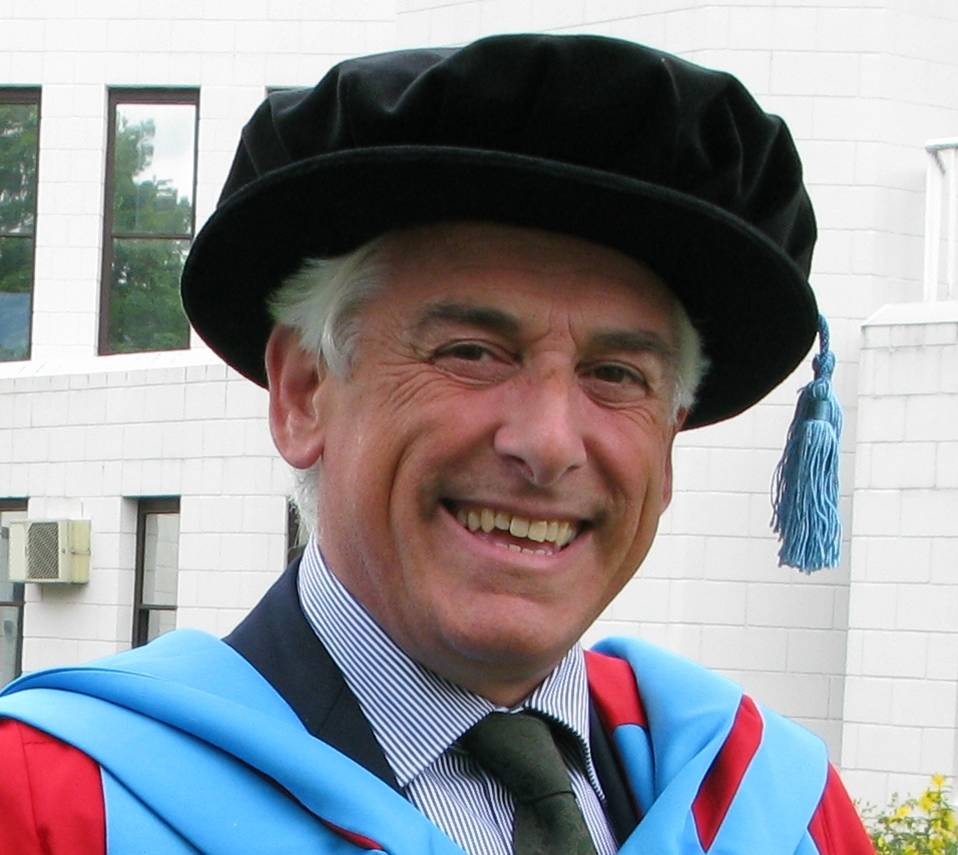Waking Up to the Importance of Sleep
Interview with Professor Franco Cappuccio, Warwick Medical School
Published July 2010

We are told from an early age that we must get a good night’s sleep, but does a lack of sleep really make that much difference to our health and can you ever have too much sleep? Professor Franco Cappuccio, holder of the endowed Cephalon Chair in Cardiovascular Medicine and Epidemiology at Warwick Medical School, has collaborated with researchers at University College London to investigate sleep patterns. The results of the study are surprising: not only can a lack of sleep more than double the risk of death from cardiovascular disease, but too much sleep can also be linked to mortality rates.
Prof Cappuccio and his team looked at how sleep patterns affected the mortality of 10,308 civil servants in the ‘Whitehall II Study’. Amongst other things, the data they used provided information on the mortality rates and sleep patterns of the same group of civil servants at two points in their lives. When examining the results, the researchers took into account other possible factors which could affect mortality such as age, sex, marital status, employment grade, smoking, physical activity, alcohol consumption, self-rated health, body mass index, blood pressure and cholesterol. Once they had adjusted for those factors they were able to isolate the effect that changes in sleep patterns over five years had on mortality rates 11-17 years later.
...those who had cut their sleeping from seven hours to five hours or less, faced a 1.7 fold increased risk in mortality from all causes.
The study looked at data recorded from 1985-8 and 1992-3. The researchers identified participants who had an average of seven hours sleep per night and had not made any changes in their sleeping habits between the data dates. Taking these people as a baseline they were able to see what difference a reduced amount of sleep over time had made to mortality rates by 2004. They found those who had cut their sleeping from seven hours to five hours or less, faced a 1.7 fold increased risk in mortality from all causes, and twice the increased risk of death from a cardiovascular problem in particular.
Prof Cappuccio said: ‘Fewer hours sleep and greater levels of sleep disturbance have become widespread in industrialised societies. This change, largely the result of sleep curtailment to create more time for leisure and shift-work, has meant that reports of fatigue, tiredness and excessive daytime sleepiness are more common than a few decades ago. Sleep represents the daily process of physiological restitution and recovery, and lack of sleep has far-reaching effects.’
Curiously, the researchers found that too much sleep also increased mortality. They found that those individuals who showed an increase in sleep duration to eight hours or more each night were more than twice as likely to die as those who had not changed their habit, although these deaths were predominantly from non-cardiovascular diseases. Prof Cappuccio said: ‘Short sleep may be a risk factor for weight gain, hypertension and Type 2 diabetes, sometimes leading to mortality, but in contrast to the short sleep-mortality association, it appears that no potential mechanisms by which long sleep could be associated with increased mortality have yet been investigated. Some candidate causes for this include depression, low socioeconomic status and cancer-related fatigue.’
The findings of the study indicate that consistently sleeping around seven hours per night may be optimal for health and a sustained reduction may have a detrimental effect on your health.
 Professor Franco Cappuccio moved to Warwick in July 2005 to take up the newly established Cephalon Chair in Cardiovascular Medicine & Epidemiology at Warwick Medical School. He is a cardiovascular physician, a clinical epidemiologist and a public health expert. After his medical degree in Naples, he moved to Britain where he trained at Charing Cross Hospital, St George's Hospital Medical School and the London School of Hygiene & Tropical Medicine in London. In 2000 he became Professor of Clinical Epidemiology & Primary Care at St George's, University of London. His main interests are in the prevention, detection and management of hypertension and its complications of the heart, brain, kidneys and the circulation. His research interests are the epidemiology of cardiovascular disease, nutrition and health, metabolic abnormalities and cardiovascular risk, risk in ethnic minorities, both in developed and developing countries.
Professor Franco Cappuccio moved to Warwick in July 2005 to take up the newly established Cephalon Chair in Cardiovascular Medicine & Epidemiology at Warwick Medical School. He is a cardiovascular physician, a clinical epidemiologist and a public health expert. After his medical degree in Naples, he moved to Britain where he trained at Charing Cross Hospital, St George's Hospital Medical School and the London School of Hygiene & Tropical Medicine in London. In 2000 he became Professor of Clinical Epidemiology & Primary Care at St George's, University of London. His main interests are in the prevention, detection and management of hypertension and its complications of the heart, brain, kidneys and the circulation. His research interests are the epidemiology of cardiovascular disease, nutrition and health, metabolic abnormalities and cardiovascular risk, risk in ethnic minorities, both in developed and developing countries.
